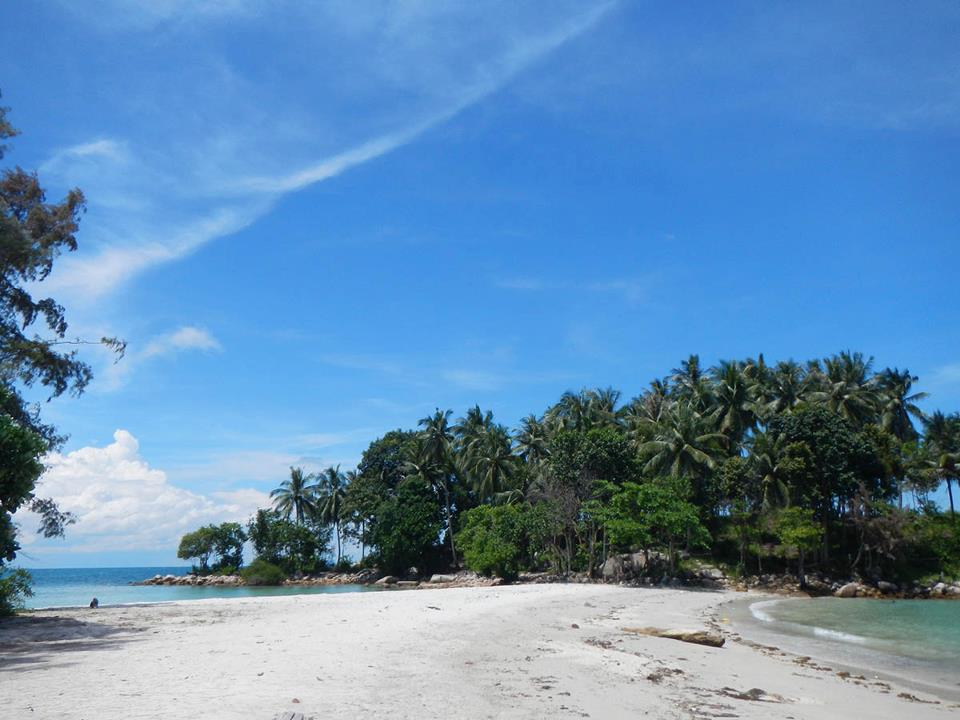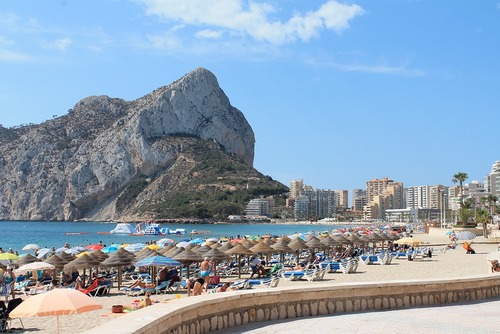There are more than 17,000 islands and 54,716km of coastline, with around 262 million people, making Indonesia the world’s fourth largest population.
If you are thinking of moving to Indonesia to live and work, here are 10 things you may want to know about accessing healthcare in the country.
1. National health insurance
Indonesia’s healthcare system has always been divided between private insurance for the wealthy, basic state-funded medical care for the poor, and non-governmental organizations for everything in between.
In January 2014, the Social Security Management Agency for the Health Sector (BPJS Kesehatan), introduced a compulsory new national health insurance scheme, Jaminan Kesehatan Nasional (JKN), in an attempt to bridge the gap.
The scheme is designed to ensure that all residents have access to public healthcare, as well as some private medical facilities by 2019 – with cover for a wide range of services, from remedies for basic ailments like the flu, to advanced lifesaving treatments like open-heart surgery and chemotherapy.
This is privately funded through monthly premiums, which are deducted as a salary percentage for those in formal employment (with employers also contributing to this expense) and paid as a monthly fee for informal workers and the self-employed.
2. Healthcare issues
Despite Indonesia’s efforts to provide better healthcare to all residents, JKN is still facing problems.
The slow implementation of the scheme means that it does not yet receive the funding it needs to operate efficiently. As such, many public hospitals are experiencing overcrowding and a lack of available staff, meaning patients could have to wait for hours to be seen.
However, in rural areas of Indonesia, the main problem is that there are not enough hospitals and qualified medical staff to provide the healthcare that residents are entitled to.
If residents in remote rural areas want to receive healthcare, they often have to travel to the nearest town or city, which can be expensive and problematic.
3. Applying for JKN
JKN is mandatory for all residents in Indonesia, including expats on an ITAS (temporary stay permit) or ITAP (permanent stay permit) visa, and registration should be completed by January 2019.
Non-working expats can apply online and will need to provide the following: a Kartu Keluarga (KK), which is a household membership card; a Kartu Tanda Penduduk (KTP), which is an Indonesian identity card; and a Nomor Pokok Wajib Pajak (NPWP), which is a tax identification number.
Additionally, employers looking to hire healthcare workers in Indonesia must ensure compliance with local regulations and may need to provide additional documentation for work permits and licenses.
For employees who will be working in Indonesia for at least six months, it is their employer’s responsibility to register them with JKN.
4. Different classes of care
There are three classes of healthcare available in Indonesia (first, second and third) depending on the level of contributions they choose to pay. It is standard practice for patients to specify which class they would like to choose when they register with JKN.
The class does not relate to the quality of healthcare, which should be consistent across all levels, but instead refers to the standard and comfort of the experience.
First-class hospital rooms, for example, will only have two or three beds per room, while a third-class room might have five or more beds. Patients are able to change the class of their care with BPJS once every 12 months.
5. Costs per class
For people who are formally employed, the premium for JKN is five percent of their salary – employers are responsible for four percent of this, and employees have one percent deducted from their salary.
People who are self-employed, or in informal work, pay a fixed monthly premium. Depending on whether they choose first, second or third-class, this could be between IDR 25,500 (US $1.91 or £1.51) and IDR 59,500 (US $4.46 or £3.54). It is possible to pay an out-of-pocket charge to upgrade to a different class as and when treatment is needed.
The poorest residents get basic public healthcare for free under JKN.
6. Private healthcare
Many expats choose to take out personal health insurance to cover them while they live and work in Indonesia. Some expats decide to travel to Singapore to receive treatment, as the care is of a higher standard, so expats may find it beneficial to take out an insurance policy that includes the option to travel internationally for treatment as well.
7. Health risks
There is a risk of malaria in rural parts of Indonesia, though it is generally not a problem in cities like Jakarta or in parts of Bali. However, expats who are traveling around the country might like to seek advice about taking anti-malarial medication.
Indonesia has also been classified by UK health authorities as having a risk of Zika transmission. During the rainy season in Bali (October to April), there is a risk of dengue fever. Another health risk in Indonesia is air quality – both from pollution in major cities, and haze from forest fires in places like Borneo and Sumatra.
Rabies is also prevalent in domestic and wild animals, and this can be transferred through being bitten or scratched.
8. Pharmacies and medication
Pharmacies are widely available in Indonesia’s major cities and they can be found in most shopping centers, as well as hospitals and medical clinics. Pharmacists may not be proficient in English, so patients might like to ensure they visit the pharmacy with someone who can speak Indonesian.
Expats are able to bring prescription medications from the UK or US, but they must carry a doctor’s letter that addresses the need for the medication, as well as a copy of the original prescription.
These documents may need to be presented to customs officials to prove that the medication is legal. To avoid any confusion or delays, expats may choose to carry the medication in its original packaging.
9. General practitioners and specialists
Patients can visit their general practitioner (GP) – doctor - for medical advice or to be prescribed medication, and they can opt to go to a public or private facility (though private healthcare is not covered by JKN). If a patient wants to visit a specialist, they will need to get a referral from their doctor first.
10. Emergencies
Indonesia does not have a national emergency ambulance service. In the case of a medical emergency, patients can contact their local hospital, though this service can be unreliable.
Expats might consider taking out private health insurance so that they can travel in a private ambulance or emergency medical air transfer, in the case of an urgent medical situation.
In summary
While Indonesia is slowly implementing a universal healthcare scheme to provide free medical care to the masses, many people opt for private healthcare as this is generally more reliable and of a higher standard.
Due to the strain on the healthcare system, expats may wish to take out private health insurance that also covers them for treatments in nearby Singapore.
Those who choose to register with JKN public service might want to be aware of the different classes of care to ensure the best possible experience in the event of being admitted to hospital
Related Pages








